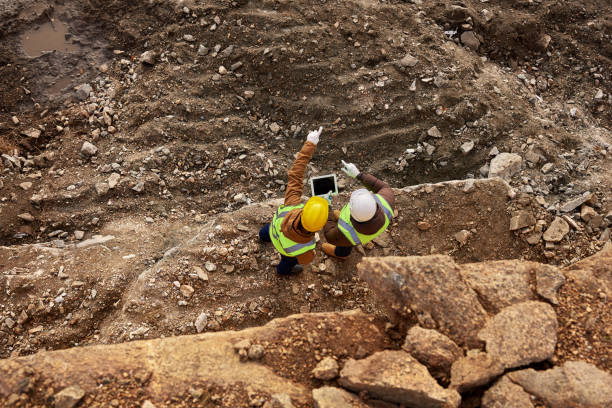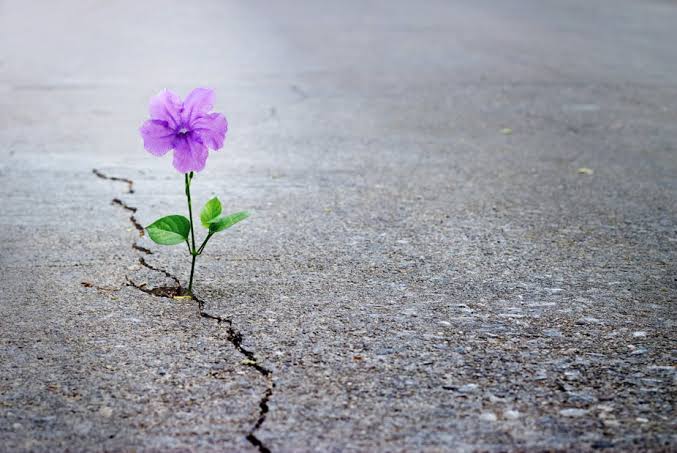
It sounds contradictory at first. Why would someone voluntarily choose the hard path if the goal is to make life easier. Yet look closely at the most resilient, successful, and fulfilled people and you will see the same principle at work. They deliberately take on challenges. They push through discomfort. They embrace discipline in order to avoid chaos later. The truth is simple. Doing hard things now is the price of living an easier life later.
Hard things are the tasks most people avoid. Waking up early to train the body when the bed feels comfortable. Studying for hours when entertainment calls louder. Having tough conversations instead of pretending issues do not exist. Saving money when spending feels more exciting. Saying no to short term pleasure in exchange for long term growth. These choices are hard in the moment but they build strength, clarity, and stability. And when challenges inevitably arrive, those who have trained themselves to face hard things respond with resilience instead of panic.

An easy life is not one free of problems. Life will always bring stress, setbacks, and uncertainty. Easy in this context means manageable. It means having the tools, the mindset, and the habits to handle what comes without breaking. It means having options because you built skills, savings, and networks before you desperately needed them. It means your body holds up because you invested in health early. The easy life is not delivered by chance. It is built by confronting difficulty instead of running from it.
Consider physical health. Training the body is hard. It requires time, sweat, and discipline. Skipping exercise feels easier in the short run. But avoiding the hard work of fitness leads to the real difficulty of illness, fatigue, and limited mobility later in life. Those who consistently do the hard work of exercising and eating right find daily life easier because they move freely, recover quickly, and carry more energy into everything else.
Think about finances. Saving and budgeting is hard because it means saying no to impulse purchases and living below your means. But those small sacrifices compound. Over years they build a safety net and financial freedom. The alternative looks easier in the moment. Spend freely, ignore savings, and avoid discipline. But when emergencies arrive or retirement looms, that supposed easy path becomes crushingly hard. Doing the hard financial work early creates an easier financial life later.
Relationships follow the same principle. Having uncomfortable conversations, setting boundaries, and addressing conflicts is hard. Many avoid it because silence feels easier. But unresolved problems grow. Distance builds. Resentment festers. Eventually the relationship collapses under the weight of avoidance. Facing the hard truths early, speaking honestly, and doing the difficult work of compromise lead to stronger bonds and lasting trust. The hard path of communication creates the easy path of connection.
Professional growth is no different. Learning new skills, taking on demanding projects, and putting yourself in uncomfortable situations are all hard. Coasting feels easier. But careers built on coasting stagnate. Jobs disappear. Opportunities vanish. Those who took on challenges, learned continuously, and proved they could handle difficulty find themselves in demand. The hard path of growth secures the easy path of choice and opportunity.
Doing hard things also strengthens identity. Each time you push through discomfort you prove to yourself that you can. Confidence is not built from comfort but from overcoming. People who always choose the easy way shrink from challenges because they have no track record of resilience. People who regularly choose the hard way develop quiet strength. They know they can survive, adapt, and succeed. That confidence makes life easier because fear no longer controls decisions.
There is also a psychological dimension. Avoiding hard things leads to guilt and anxiety. The tasks you procrastinate on weigh down your mind. Each avoidance feels like relief but it adds invisible stress. Facing hard tasks clears that weight. The brain relaxes when it knows you can be trusted to handle business. Paradoxically, embracing discomfort creates more peace of mind than chasing comfort.
Doing hard things is not about punishment or masochism. It is about alignment with reality. Life is difficult. Pretending otherwise only delays the confrontation. By voluntarily taking on hard things you choose when and how to face difficulty. You shape it on your terms. You turn pain into training. You replace random suffering with purposeful struggle. This proactive approach transforms challenges into stepping stones instead of stumbling blocks.
The principle applies across cultures and philosophies. Stoic thinkers preached the value of voluntary discomfort to build resilience. Religious traditions emphasize fasting, discipline, and sacrifice as pathways to strength. Modern psychology shows that resilience and grit are among the strongest predictors of long term success. Across time and space the message remains the same. Do hard things so that life does not break you when hard times come uninvited.
Practical steps help anchor this mindset. Start small. Pick one daily action that feels uncomfortable but valuable. It might be a cold shower, an early workout, or a difficult conversation. Prove to yourself you can push through. Gradually expand to bigger challenges. Learn a demanding skill. Run a longer distance. Tackle a project that intimidates you. Build a personal system of discipline. Over time you will notice daily life feels lighter because your baseline of strength is higher.
Accountability helps. Share your goals with a trusted friend or mentor. Track your progress. Celebrate small wins. Remind yourself that discomfort is temporary but growth is permanent. Reframe challenges as opportunities to sharpen yourself. Every hard thing completed becomes proof of character that no one can take away.
This principle does not mean you must chase hardship constantly. Rest, recovery, and joy matter too. But the foundation of an easy life is built on the discipline of hard choices. Comfort without effort leads to collapse. Comfort after effort leads to strength. The balance lies in choosing difficulty deliberately rather than being crushed by it unexpectedly.
The next time you face a choice between the hard path and the easy escape, remember the trade. Doing what is hard now buys you freedom later. Avoiding difficulty now purchases hardship later with interest. The path to an easier life is rarely the path of least resistance. It is the path of deliberate resistance, chosen consistently until resilience becomes natural.
Do hard things if you want an easy life. Sweat now to save tears later. Struggle with purpose so you are not forced to struggle without choice. Build the strength today that turns tomorrow’s challenges into manageable tasks. It is not just a slogan. It is a law of life. And the sooner you live by it the sooner life becomes easier in the ways that truly matter.









Comments (0)